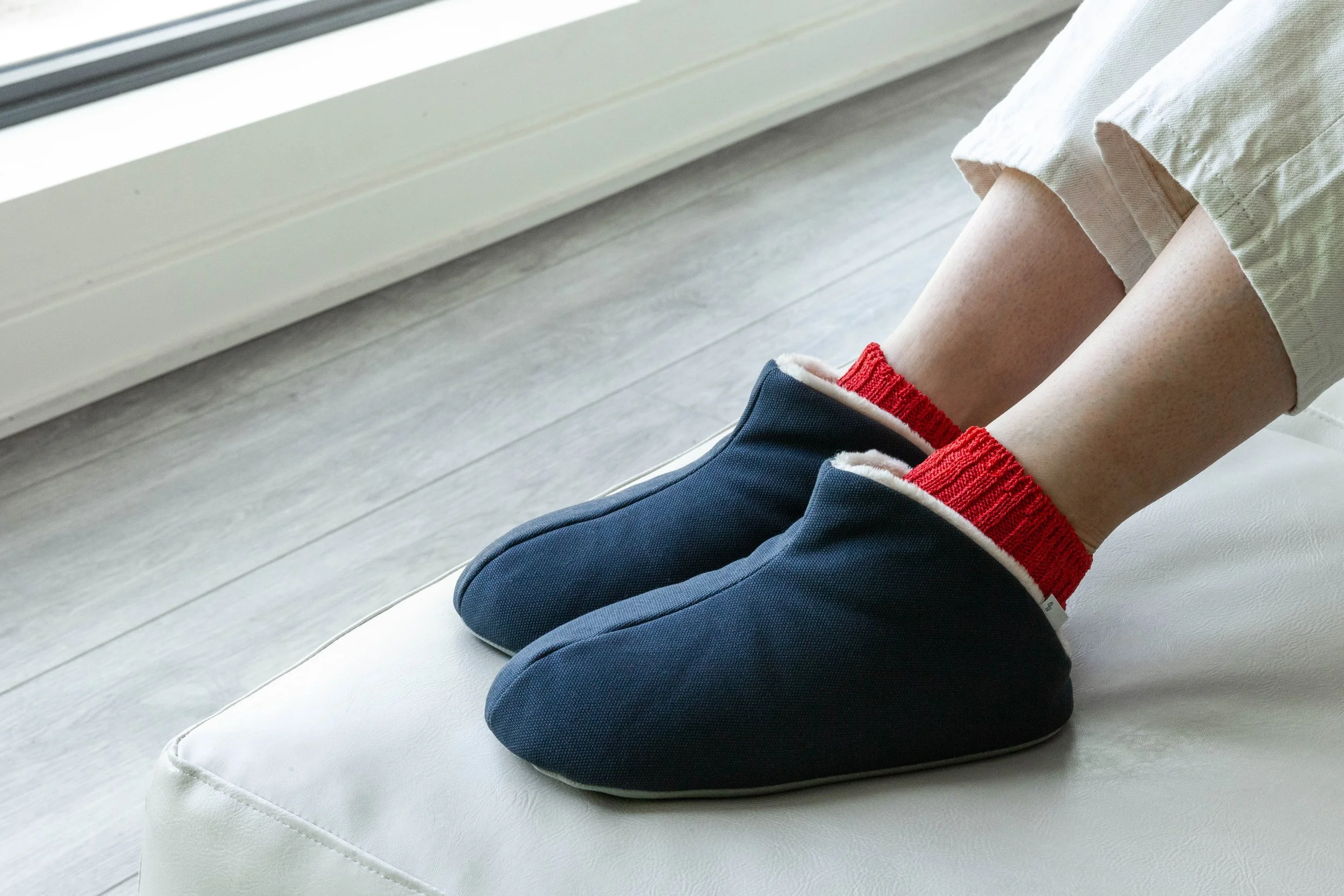Exploring Japanese Apparel and Footwear
Japanese fashion is a vibrant, eclectic combination of tradition, trends, and diversity. The Japanese Store in Ardmore offers a unique blend of the old and new and is beloved by fashion enthusiasts and art lovers worldwide. Japanese apparel and footwear have many intriguing facets. Designers mix, match, layer, and accessorize, blending their individuality and personality to create bold, beautiful, and daring designs that launch popular trends.
It’s All About Artistic Variety in Japanese Style
Japan’s fashion is as diverse as the culture. Traditional garments like kimonos and more modern streetwear are mixed, matched, and updated to cater to various tastes and preferences.
Kimono and Yukata
The kimono is an iconic Japanese garment traditionally worn for special occasions. Usually made from silk and adorned with intricate embroidered designs, kimonos symbolize Japanese heritage. The yukata, also traditional Japanese fashion, is a lighter, more casual kimono style typically worn during the summer.
Harajuku Fashion
Harajuku, named for a lively district in Tokyo, is popular and features a bold, eclectic mix of colors and patterns. This fashion style reflects a youthful spirit designed to create a creative, individual fashion statement.
Minimalist Aesthetic
This Japanese fashion style focuses on function and simplicity. Well-known brands like Uniqlo and Muji feature clean lines, neutral colors, and high-quality materials. The minimalist style is deeply rooted in the “ma” philosophy about finding beauty in "empty space."
Lolita Fashion
This doll-like style is inspired by Victorian and Rococo fashion. Frilly dresses, petticoats, and ornate accessories create elegant, extremely unique twists on traditional design. There are sub-styles within Lolita fashion, including Gothic and Sweet Lolita, each featuring a unique flair.
Noragi
Noragi, traditional Japanese workwear, effortlessly blends function, comfort, and modern design. Initially meant for everyday workers, these loose-fitting jackets were endlessly patched and stitched to be worn repeatedly. Noragi perfectly combines tradition and innovation, opening the door to embracing a personal sense of style.
The Allure of Japanese Footwear
Japanese footwear is extremely diverse. The footwear is often the outfit's focal point, so the eye moves from the bottom up. They explore everything from traditional sandals and colorful sneakers to big bulky boots and audaciously high platforms.
Geta and Zori
Traditional Japanese sandals, Geta and Zori, are commonly worn with kimono and yukata. Geta features an elevated wooden base and resembles flip-flops. Zori are also thong sandals that look like flip-flops made with rice straw, rubber, or synthetic materials.
Tabi Boots
Tabi boots are split-toe shoes traditionally worn by samurai and farmers. Over the years, they have become popular and are worn with streetwear. Major brands like Nike have added this design to their sneaker lines, merging tradition with contemporary style.
Sneakers
Japan is a leading contributor to the mainstream sneaker world. Brands such as Asics and Onitsuka Tiger lead the way. Their designs often emphasize minimalism, high-quality materials, and eye-catching color combinations. Platform soles, artistic creations, and mixing materials are common.
Platform Shoes
Shoes with raised soles, called platforms, are popular in the Harajuku fashion scene and add dramatic elements to an outfit. These shoes often feature bold colors, patterns, and designs that reflect the playful nature of Japanese streetwear.
Boro Footwear
Boro translates as ragged or tattered. The traditional patchwork technique celebrates repurposing and reusing materials through patching, piecing, and stitching to extend their use.
Learn More About Japanese Culture, Fashion and Artistry
Japanese design connects ancient techniques with modern nuances to embrace a unique character and artistry. Enjoy the peaceful environment we've created for you. Explore this fascinating culture and experience fashion trends at Rikumo, a Japanese shop in Philadelphia.

